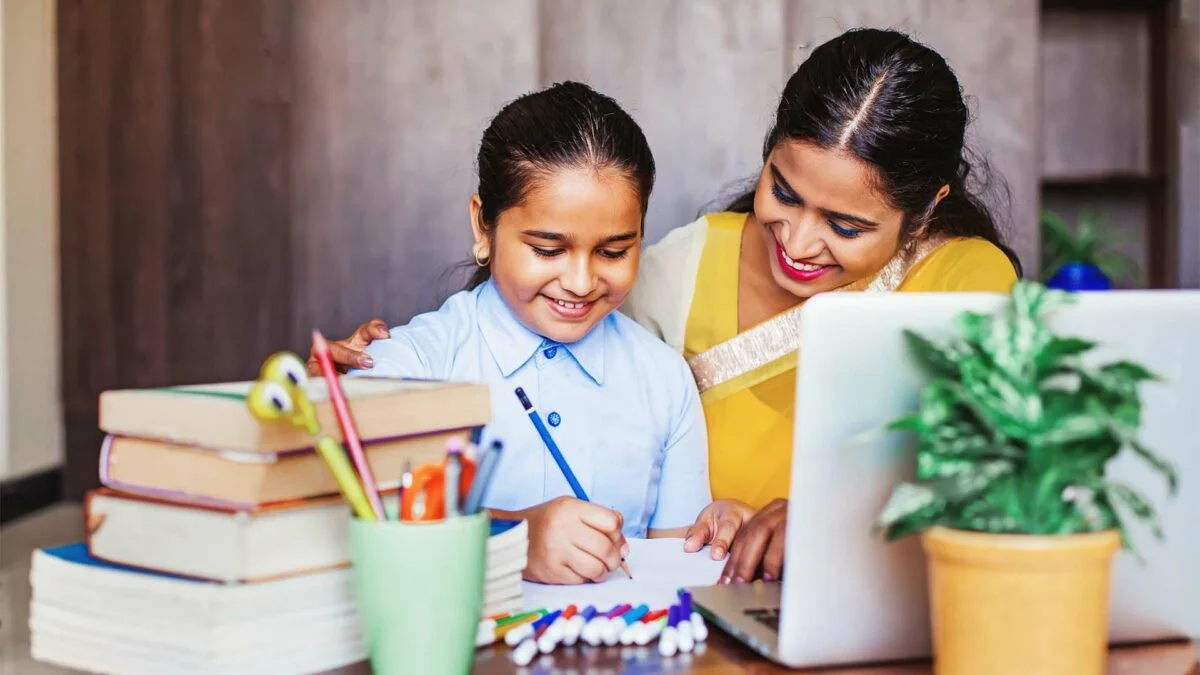
A classroom is an ideal place for personal development, and progress. Whether offline or online, there are several students in each classroom. Each child is special in their own way with unique skillsets and behavioural tendencies. With their differing needs, students make a classroom an extremely complex environment. Every student, if nurtured properly has a potential achieve great success. Since everyone learns and grows at a different rate, it is necessary to give each pupil individual attention. The advantages of individualised instruction have been increasingly apparent over time, resulting in reduced class sizes to make it simpler for teachers to assist students in reaching their full potential.
The goal of this approach is to close the gap between the various students’ learning speeds. When students struggle with learning complex concepts, it hits their confidence and impacts their future learning. Individualised instruction helps students build a solid intellectual foundation during their formative years.
Every student in the room is eager to learn and is full of curiosity. The teacher must encourage and empower the pupils to recognise their respective skills while directing them wherever there is room for development. Teachers must concentrate on creating a collaborative teaching and learning plan that can be modified to meet the various demands of students.
Here are some benefits of creating student centred learning environment
Assists in spotting talent
All students are not academic rank holders. For many, the learning takes place outside of textbooks. Many students may succeed in extracurricular activities like athletics and the arts. With close attention, these skills can be unearthed and developed. Teachers can recognise a student’s creative abilities and attributes through close engagement and a keen eye, and they can assist in nurturing them with appropriate supervision.
Boosts a child’s confidence
Peronalised teaching creates a solid bond between a child who is struggling to learn and their teacher. The teacher can thus pinpoint a student’s specific learning issue by giving them individual attention. Children can learn verbally, visually or auditorily. It enables them to openly ask questions to the teacher and better understand the concepts being taught in the classroom. Teachers can help students succeed academically by identifying their intellectual gifts so they can build on them.
Creates interest and piques curiosity
If students’ needs are met and their voices are heard in the classroom, they can accomplish a lot. Uniform teaching methods and guidelines won’t give kids an equal chance to learn. This monotonous teaching concept might also result in a lack of enthusiasm and discouragement towards learning. Any student will develop a love for learning and maintain their interest if they are taught in accordance with their unique learning style.
Student’s interest in academics blossoms when they receive the care and attention at a speed convenient to them. As concepts become more straightforward, the child’s imagination soars.
No matter the size of the class, it is crucial to meet each child’s requirements in any significant way and to help them with any difficulties they may encounter. Students can learn more and perform better in class if they have access to varied perspectives. Giving them encouragement and support can make it easier for them to overcome obstacles. Several research papers support the effect of individualized attention on a child’s academic achievement as well as their innate curiosity and comfort in the classroom.


